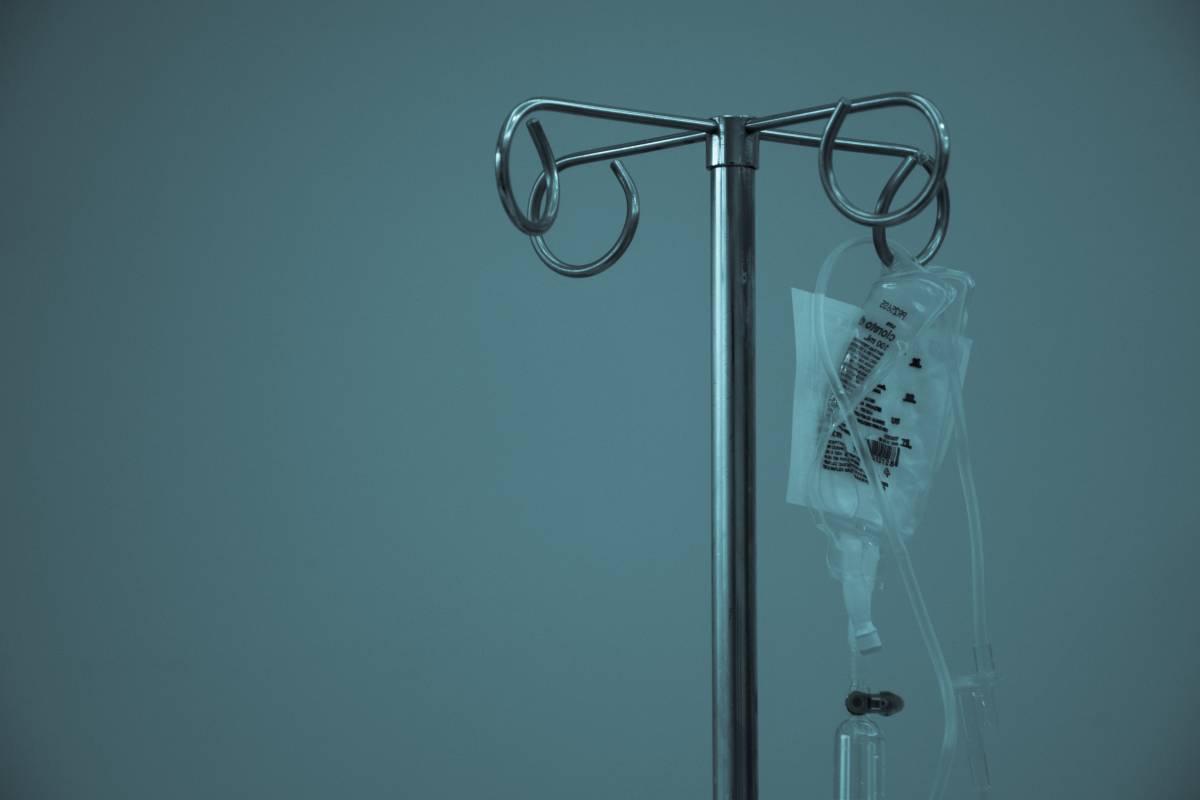Specifically, I’m talking about the non-profit Bon Secours Mercy Health hospital system, covered in reporting from the New York Times over the weekend:
Bon Secours Mercy Health, a major nonprofit health system, used the poverty of Richmond Community Hospital’s patients to tap into a lucrative federal drug program.
How a Hospital Chain Used a Poor Neighborhood to Turn Huge Profits
But I would totally understand if you thought I was talking about a health system wherever you happen to be.
The article is really worth reading in detail. It is fascinating, horrifying, and well done reporting. It’s also five thousand words, so let me sum up the Times’ reporting in about a tenth the space, then go read the full article at the NYT.
There is a federal program – it’s called 340B – "that allows clinics in impoverished neighborhoods to buy prescription drugs at steep discounts, charge insurers full price and pocket the difference." The hospital or clinic is supposed to then reinvest that money in the clinic in that impoverished area.
But there is a loophole.
To exploit the loophole to make profits instead, you "build clinics in wealthier neighborhoods where patients with generous private insurance could receive expensive drugs, but on paper make the clinics extensions of poor hospitals to take advantage of 340B."
The Times reporting exposes how the "non-profit" Bon Secours used this scheme with Richmond Community, pointing out that since "2013, Bon Secours has opened nine such satellite clinics in wealthier parts of the Richmond area … Even though the outposts are miles from Richmond Community, they are legally structured as subsidiaries of the hospital, which entitles them to buy drugs at the discounted rate."
They give an example of a cancer drug that one of the satellite clinics could order for approximately $3,500 a dose under 340B – but then turn around and charge a wealthy person’s private insurance almost $25,500 for that same dose. Bon Secours would instantly make a profit of almost $22,000 from one dose of a medication by taking advantage of a program to help poor people.
Which… you know, just seems wrong, even if it’s technically legal.
I said at the top that you’d be forgiven for thinking I was talking about some other hospital system where you happen to be located. That’s because the Times notes that "in 2019, more than 2,500 nonprofit and government-owned hospitals participated in the program, or more than half of all hospitals in the country, according to the independent Medicare Payment Advisory Commission."
So if there is a hospital system in your area – or perhaps even more than one – that, like Richmond Community, has an underfunded and understaffed "main" hospital in a poorer area of town and has several "satellites" in the richer areas of town…
Well, that doesn’t prove they’re doing anything wrong, but I’d understand if you had questions too.
Take a few minutes to go read the full article at the NYT. It’s worth it.
Featured Photo by Marcelo Leal on Unsplash
